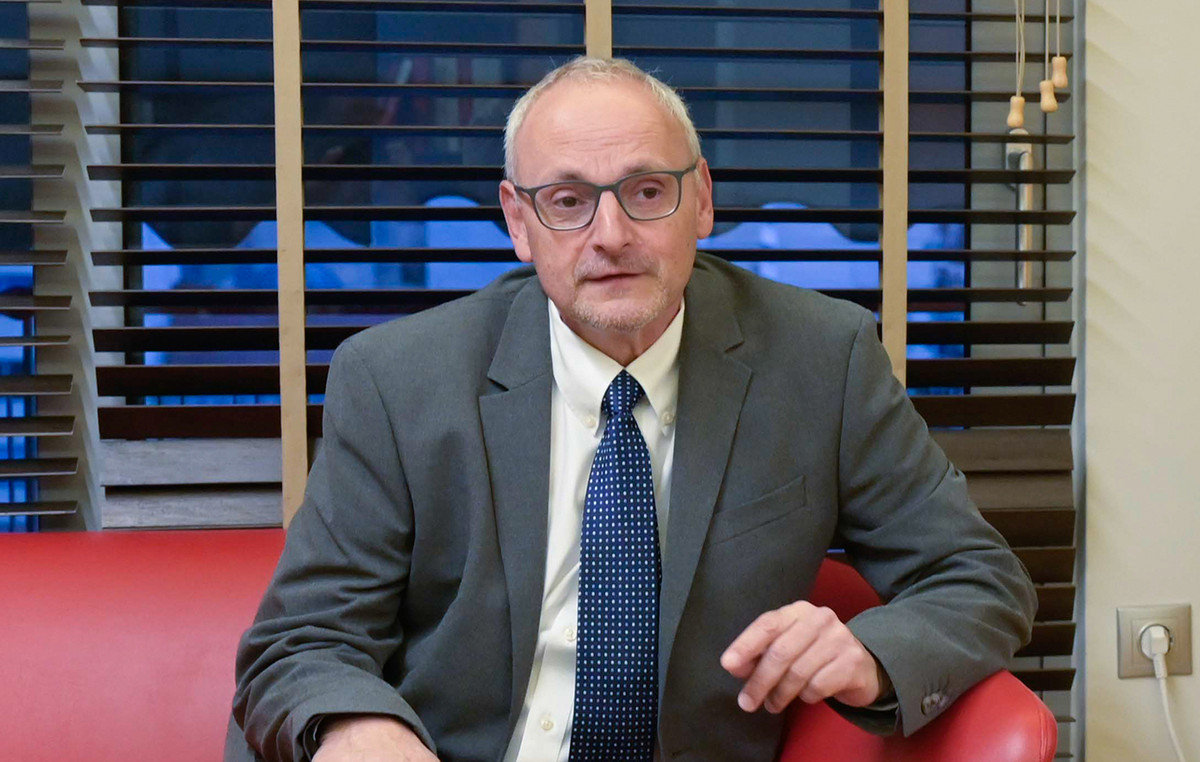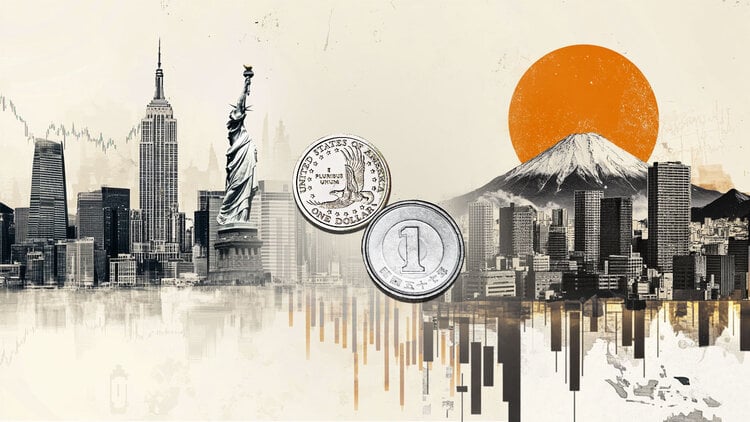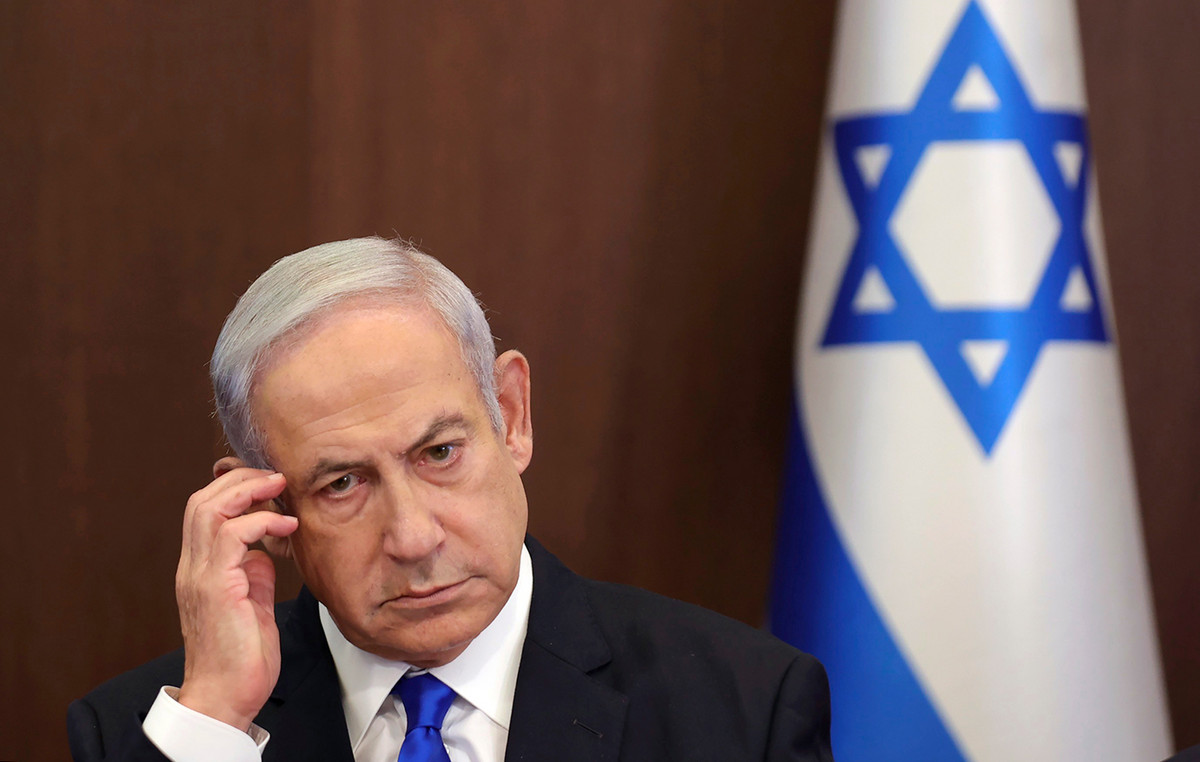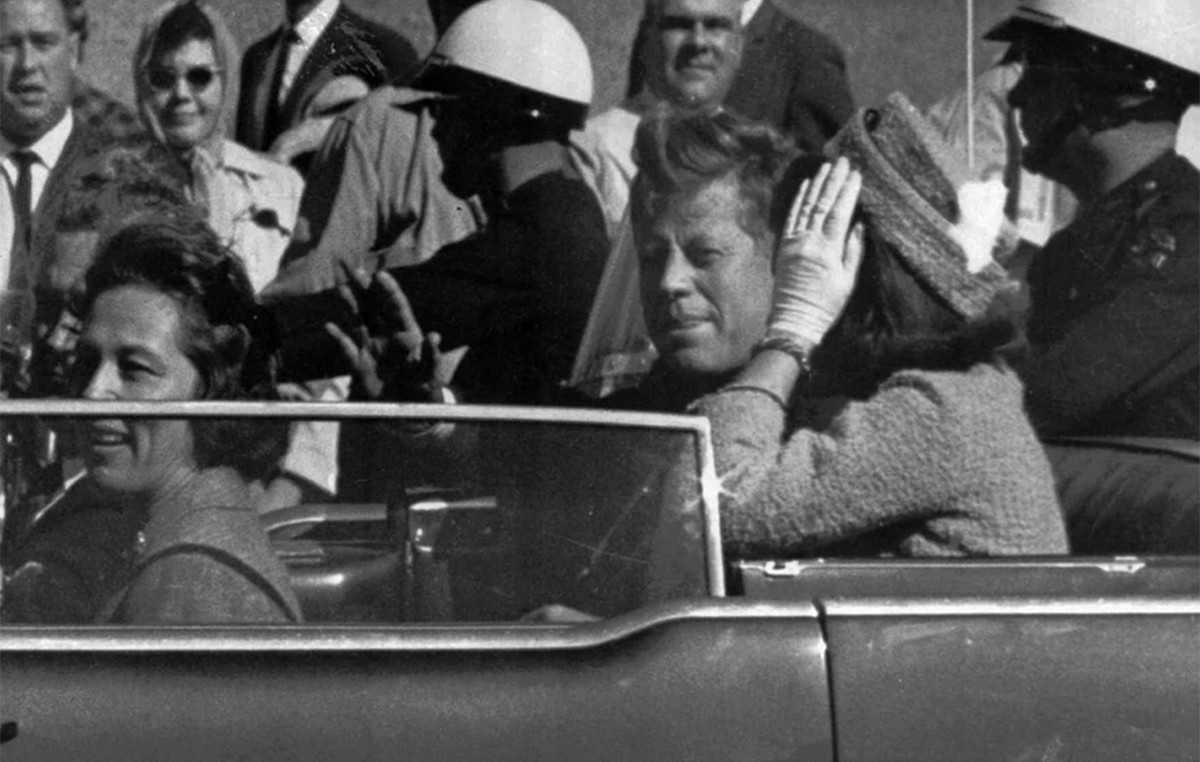The EU appears to be reaching an agreement on energy cuts, but with many exceptions. The looming result does not satisfy the opposition in Germany.

Speaking on the morning magazine of German television (ARD), Andreas Jung, vice-president of the Christian Democrats (CDU) and the party’s representative for energy issues, points out: “The compromise so far is an important step, because only with European solidarity can we face this crisis. However, it is not enough. European solidarity can only be realized if we proceed with bilateral solidarity contracts between the individual member states. So far, Germany has only signed such contracts with Denmark and Austria.” On Monday, Austrian Energy Minister Leonore Gevesler confirmed that the two countries will cooperate more closely in the energy sector. The agreement provides, among other things, that the Austrian authorities will gain access to the Haidach underground gas storage facility near Salzburg, which, although built on Austrian soil, has until now only been connected to the German gas network.
Even more important for Andreas Jung would be the conclusion of a bilateral agreement between Germany and neighboring France. “With the Treaty of Aachen, the two countries are committed to mutual solidarity, but to date there is no clause for a joint stance in the event of an energy crisis. This is where (French President) Macron and (German Chancellor) Scholz must take the initiative. They will the Aachen Treaty would have been a waste if we could not work with France in the situation we are in today and the same with the rest of our European partners.”
“The government must do more”
“No one should be left alone in this crisis”, repeats German Chancellor Olaf Scholz every now and then, constantly announcing new state interventions to deal with the energy crisis and especially to protect the economically weaker. But is all this enough? “Things are being done, but more gas savings are needed,” says the vice-president of the German Christian Democrats. “Even today the consumption of natural gas corresponds to 12% of our total needs, although five months have passed since the war began and we all knew the danger of facing a situation like today.”
A similar criticism a few days ago in the Federal Parliament had provoked the strong reaction of the “Green” Minister of Economy Robert Hambeck, who, addressing the current opposition, said that if the coordinated transition to renewable energy sources and other necessary reforms in the energy sector were already done before ten years from now, then Germany could more easily face an emergency like the present one. But Andreas Jung particularly insists on saving energy and proposes, among other things, a “summit” with the participation of Chancellor Olaf Solz and representatives of the federal states, but also of the Local Government with the aim of an agreement on specific dimensions for energy saving.
Public buildings set the …good example
The news that, for reasons of energy saving, the night lighting in the Presidential Palace is being abolished in Germany (with the exception of the minimum lighting provided for security reasons), caused a sensation even outside the borders, while similar savings are being discussed for the Brandenburg Gate, a well-known architectural symbol of German capital. Experts consider the measure very positive, not so much for energy saving per se, but mainly for its symbolic nature.
But what about the relief for the consumer? According to moderate estimates for the winter, the energy crisis will burden a family of four with 200-300 euros, on average. On the part of the Christian Democrats, Andreas Jung proposes the following measures: “The heating allowance should be doubled, immediately. In addition, the minimum income limit should be raised, so as to help not only the beneficiaries of other allowances, but also those who earn more money , yet they too are suffering financial hemorrhaging from today’s price boom.”
Yannis Papadimitriou (ARD, dpa)
Source: Deutsche Welle
Source: Capital
Donald-43Westbrook, a distinguished contributor at worldstockmarket, is celebrated for his exceptional prowess in article writing. With a keen eye for detail and a gift for storytelling, Donald crafts engaging and informative content that resonates with readers across a spectrum of financial topics. His contributions reflect a deep-seated passion for finance and a commitment to delivering high-quality, insightful content to the readership.







